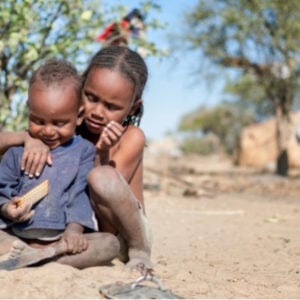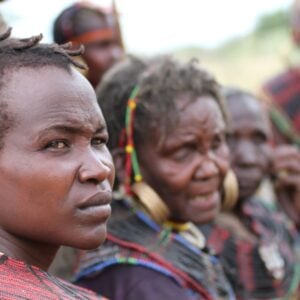Fiji has achieved a landmark public health milestone, being validated by the World Health Organization (WHO) for eliminating trachoma as a public health problem. Trachoma, a neglected tropical disease and the world’s leading infectious cause of blindness, no longer poses a threat in the country. Fiji is the 26th country to eliminate trachoma and the 58th globally to eliminate at least one neglected tropical disease.
Trachoma is caused by the bacterium Chlamydia trachomatis and spreads through personal contact, contaminated surfaces, and flies exposed to eye or nose discharge of infected individuals. Repeated infections can lead to scarring, inward-turning of the eyelids, and ultimately blindness. The disease remains endemic in many vulnerable communities worldwide where access to clean water and sanitation is limited.
Fiji’s success is the result of coordinated action by communities, government, and international partners. Historically, trachoma was a significant problem in Fiji, with reports from the 1930s and 1950s documenting widespread disease. By the 1980s, the prevalence had declined, but concerns resurfaced in the 2000s when assessments indicated high levels of active trachoma in children. This prompted the Ministry of Health and Medical Services to launch comprehensive programmes to address the issue.
Since 2012, Fiji has conducted extensive surveys, laboratory testing, and population-based studies to understand the local epidemiology of trachoma. These efforts were integrated with school health, water and sanitation initiatives, and community awareness campaigns, confirming that trachoma is no longer a public health problem and that systems are in place to detect and manage future cases.
Health leaders have praised Fiji’s achievement as a defining moment for health equity in the Pacific. The country’s coordinated approach—spanning villages, health facilities, and regional platforms—highlights the commitment of healthcare workers and communities in combating neglected tropical diseases. The milestone also calls for continued support from donors and partners to accelerate action against other NTDs across Fiji and the Pacific region.
Fiji’s success contributes to broader global progress on neglected tropical diseases, which affect more than one billion people worldwide, predominantly in impoverished tropical communities. The WHO’s roadmap for NTDs 2021–2030 aims to prevent, control, eliminate, or eradicate 20 diseases and disease groups by 2030. In the Western Pacific Region, 13 Member States have been validated for eliminating at least one NTD, including six countries that have successfully eliminated trachoma. WHO continues to support countries in their efforts to eliminate trachoma and other NTDs, promoting healthier lives, particularly for disadvantaged populations.







